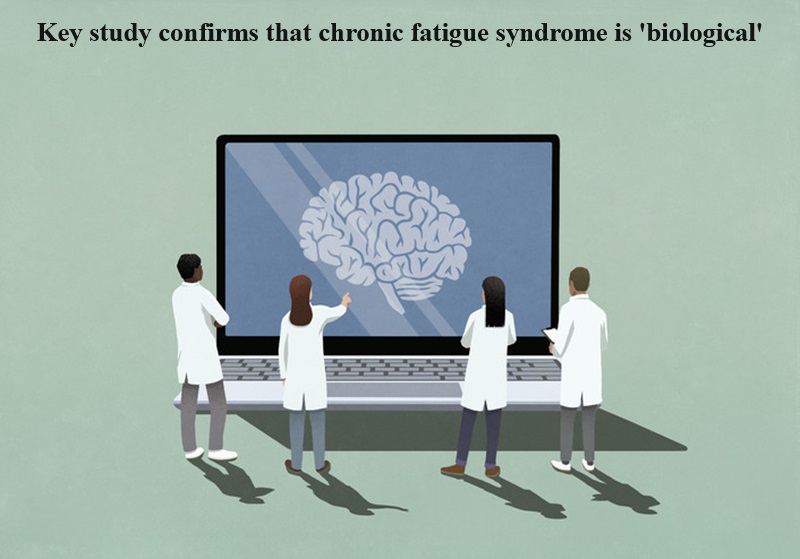
Each year, over a million Indians receive a diagnosis of Chronic Fatigue Syndrome (CFS), an illness characterized by profound fatigue that persists despite rest, accompanied by symptoms such as difficulty concentrating, mild fever, memory lapses, and sleep disturbances.
A recent study, initiated in 2016, has shed light on Chronic Fatigue Syndrome (CFS), also recognized as Myalgic Encephalomyelitis (ME), affirming its unequivocally biological nature. Led by neurologist Avindra Nath, the investigation stands out as one of the most comprehensive inquiries into the condition.
In an interview with JAMA, Nath, who serves as the clinical director of NIH’s National Institute of Neurological Disorders and Stroke (NINDS), underscored the systemic nature of ME/CFS, emphasizing that it significantly impacts multiple organ systems. He affirmed, “Overall, what we show is that ME/CFS is unambiguously biological, with multiple organ systems affected,” and emphasized the importance of taking the experiences of individuals living with the condition seriously.
Published in Nature Communications, the study employed various diagnostic tools, including immune testing and brain scans, to pinpoint abnormalities contributing to debilitating symptoms like extreme fatigue and cognitive impairment.
The NIH research team’s findings revealed compelling evidence of sustained activation of the immune system in individuals with ME/CFS. Additionally, the study uncovered abnormalities in a specific brain region crucial for fatigue perception — the right temporal-parietal area — suggesting dysfunctional neural processing associated with the condition.

Post Your Comments